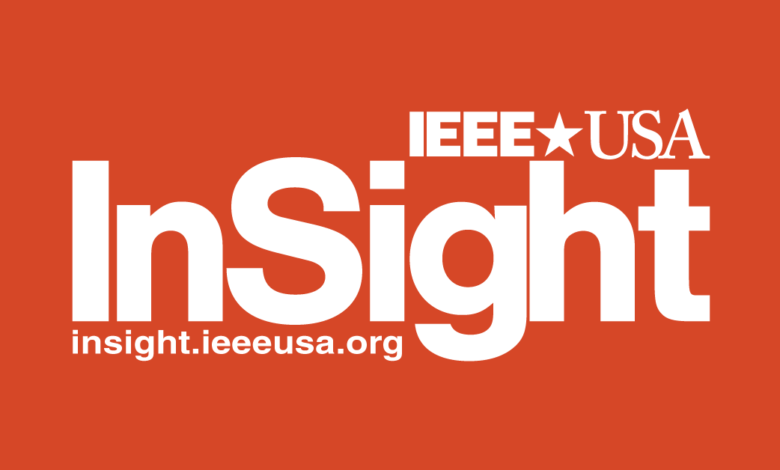
On 11 July, National Science Foundation (NSF) Director France Cordova circulated a letter to the NSF community outlining steps the U.S. research agency is implementing to mitigate threats to the integrity of NSF’s mission and operations posed by certain foreign-governments through new and sophisticated activities such as government-sponsored talent recruitment programs.
NSF will be strengthening its requirements that grantees disclose all sources of current and pending research support, both foreign and domestic, along with professional appointments. A new electronic format is being adopted to streamline the disclosure process, including submission of biographical sketches.
NSF will also be stepping up its monitoring of financial disclosure reports to ensure compliance with federal ethics rules, including rules covering emoluments issues and gifts from foreign governments.
Cordova also announced that NSF will be issuing a policy making it clear that NSF personnel and Intergovernmental Personnel Act (IPA) assignments detailed to NSF cannot participate in foreign government talent recruitment programs. According to the Director, participation in these programs can compromise NSF personnel and IPAs and pose significant risks of inappropriate foreign influence on NSF policies, programs, and priorities, including the integrity of NSF’s merit review process.
These new steps reinforce a requirement adopted in April 2018 that university academics working onsite at NSF in rotating positions must be U.S. citizens or have applied for U.S. citizenship.
According to Cordova, NSF has also commissioned the independent scientific advisory group JASON to conduct a study due by year end assessing risks and recommending practices for NSF and its awardee organizations to achieve the best balance between openness and security of science.
While emphasizing that NSF remains dedicated to maintaining a vibrant and diverse research community that thrives on the values of openness, transparency, and merit-based competition, Cordova noted the need for NSF to respond when other governments endeavor to benefit from the global research ecosystem without those same values.
The Cordova letter can be read online at: https://www.nsf.gov/pubs/2019/nsf19200/research_protection.jsp






